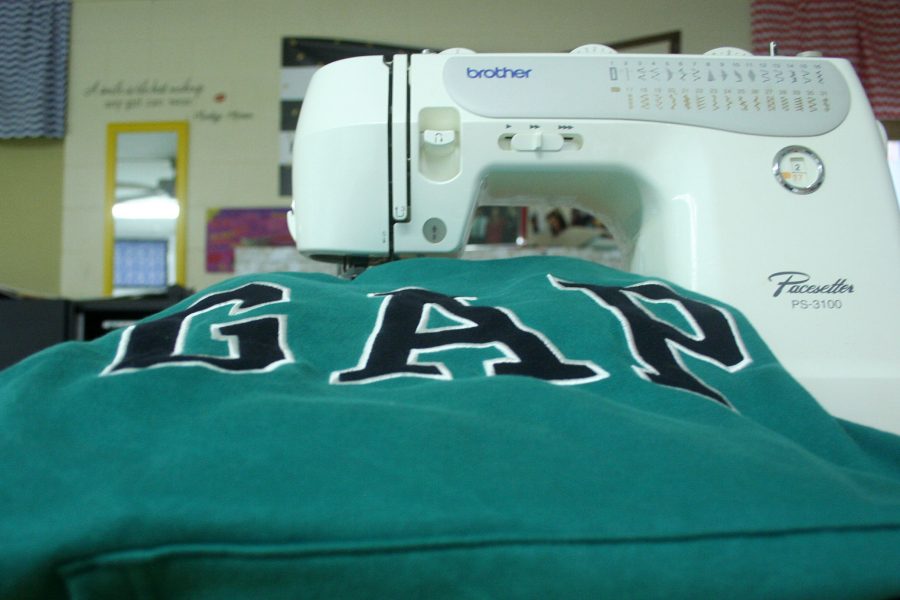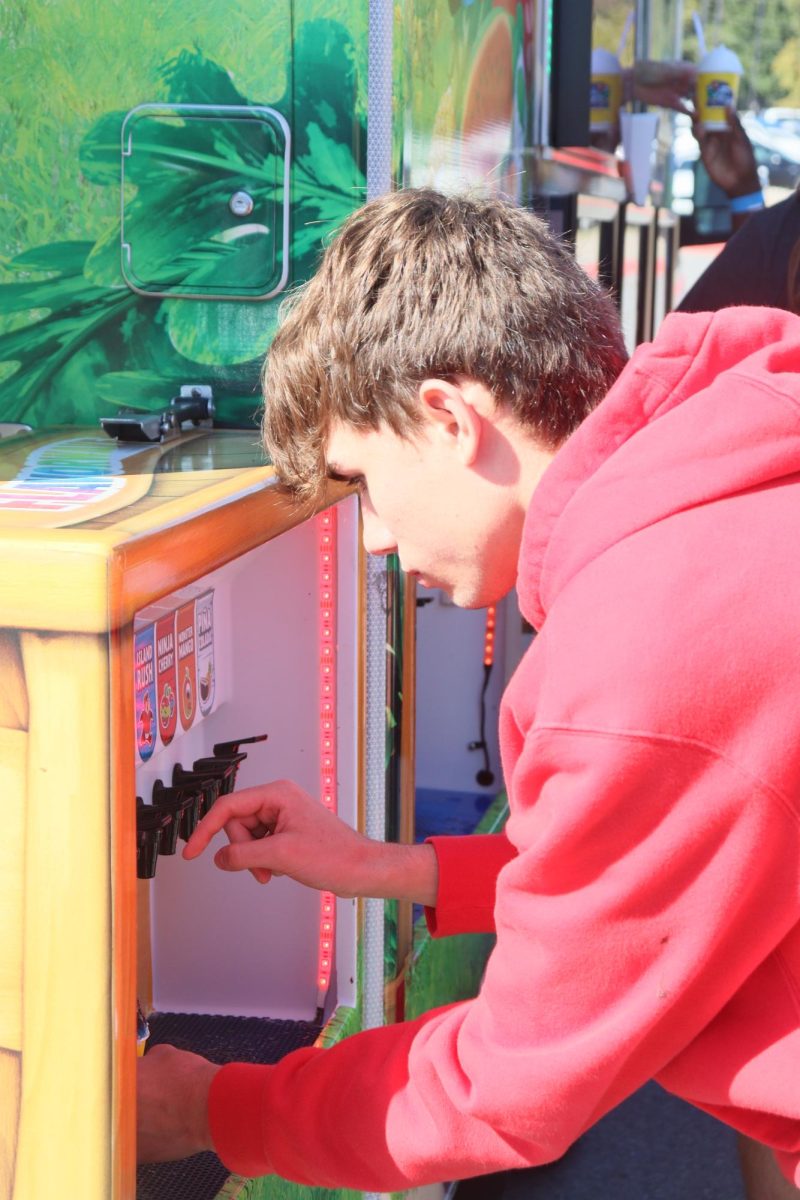Unjust Labor Conditions
March 15, 2017
Gap, H&M and Walmart are accused of worker abuse around the world. The main countries that endure this are India, Cambodia, and Indonesia.
Labor conditions include low paying jobs. Many workers in Indian factories earn so little that an entire month’s wages would not buy a single item they produce.
The Triangle Shirtwaist Factory fire in New York City on March 25, 1911 was the deadliest industrial disaster in the history of the city, and one of the deadliest in U.S. history. The fire led to improved conditions in factories because of strikes led by organizations such as the International Ladies Garment Workers.
However, laborers in third world countries don’t have the same civil liberties as Americans. When workers try to speak against unjust conditions and low wages in the streets, the police sometimes shoot rubber bullets at the advocates and use powerful hoses.
One hundred people were killed in a garment factory in the outskirts of Dhaka, Bangladesh Nov. 24, 2012. Al Jazeera News reported that, “The fire is yet another blight on India’s poor record for workplace safety where deadly accidents are commonplace.” Activists say that brands such as Gap and those sold by Walmart need to take responsibility for the working conditions in their factories in Bangladesh.
The Clean Clothes Campaign, an anti-sweatshop advocacy group, explained that most of the fires in sweat shops could be avoided if the factories had taken precautions. According to their website, Clean Clothes Campaign’s mission statement is “Raising public awareness about working conditions in the garment and sportswear industry and mobilising consumers to push for change.” They also “Explore legal possibilities and lobbying for legislation to promote good working conditions and to compel governments and companies to become ethical consumers.”
I believe that all workers—regardless of sex, age, country of origin, employment status or location—have a right to work in safe conditions. People not just in America need to have an environment where they can safely exercise their fundamental rights to associate freely and earn a living wage, which allows them to live in dignity and not on the streets.







